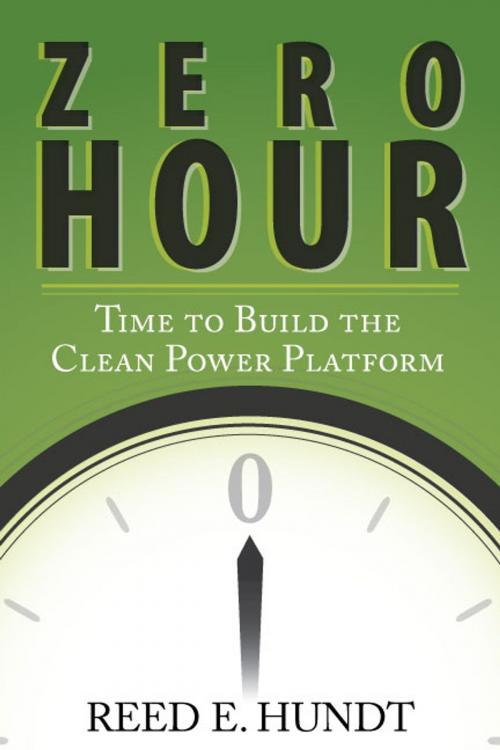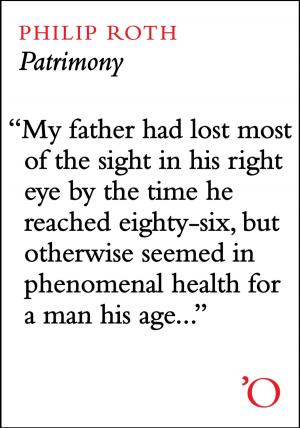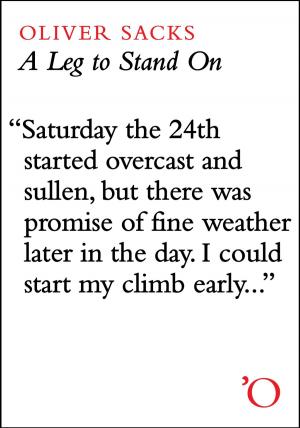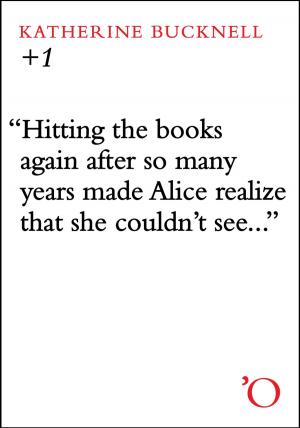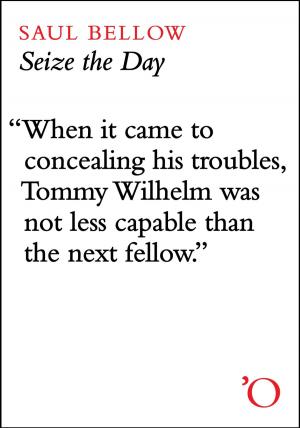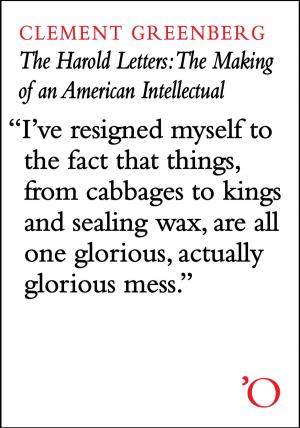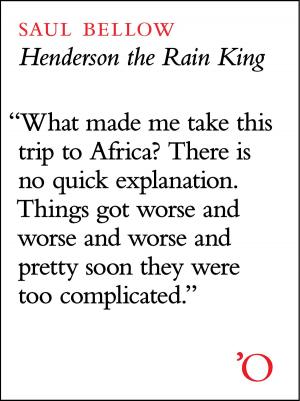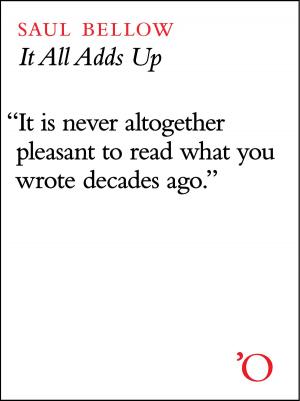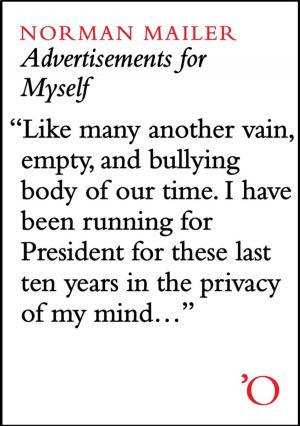Zero Hour
Time to Build the Clean Power Platform
Nonfiction, Social & Cultural Studies, Political Science| Author: | Reed Hundt | ISBN: | 9781623730246 |
| Publisher: | Odyssey Editions | Publication: | November 15, 2013 |
| Imprint: | Odyssey Editions | Language: | English |
| Author: | Reed Hundt |
| ISBN: | 9781623730246 |
| Publisher: | Odyssey Editions |
| Publication: | November 15, 2013 |
| Imprint: | Odyssey Editions |
| Language: | English |
Modern life rests on two electromagnetic wave platforms: knowledge and power. The power platform is where the knowledge platform was in 1993. Emanating from the United States, digital mobile and Internet networks wrapped around the world, changing societies and economies in just a few years. The hundreds of millions of dollars invested in the American move to the new knowledge platform meant for the Clinton Administration that everything supposed to go up (labor force participation, income, productivity), went up. Everything supposed to go down (unemployment, cost of capital), went down.
Now the power platform begs to be rebuilt quickly, producing cheap, clean, abundant energy instead of expensive, polluting, and inefficiently consumed power. As was the case for the knowledge platform in the 1990s, if America moves to the new power platform, all can revel in full employment and take satisfaction in reduced inequality in wealth and income.
The mass purchasing power of consumers will cast the deciding vote for the new power platform, if and when consumers can buy energy solutions that are both cleaner and cheaper than what is otherwise available. Each American should be able to order and get (1) a cheaper bill for household or business consumption of cleaner energy, (2) no up-front payments for any of the steps necessary to get cheaper, cleaner energy solutions, and (3) convenient access to charging stations for electric cars. These three rights – buy cheaper and cleaner energy solutions, finance up-front costs, and rely on others to provide charging station networks – will make consumers leaders of the move to the new power platform.
To give Americans these rights, state governments should charter green banks. These non-profit banks can borrow the money to build the new platform, give the money to the utilities and investor-owned businesses that would do the work, and then get paid back over the years as customers pay for the cleaner, cheaper electricity. As everyone who has bought a house knows, the lower the interest rate on a loan, the less the consumer has to pay on the loan and the more house the consumer can buy. Similarly, the lower the cost of capital for clean energy, the lower the price of the clean energy that the consumer has to pay, and the more clean energy projects people will pay for.
After November 2010, when the Republican take-over of Congress killed the already dim prospects for a federal green bank, the governors of Connecticut and later New York decided to create their own state green banks. If Connecticut, New York and others move forward in persuading utilities to lower the energy bills paid by consumers even while selling them clean electricity, other states will follow.
In summary:
1. Knowledge is Power. The shift to the new knowledge platform, manifested in digital mobile and the Internet, foreshadows the move to the new power platform.
2. Power of Price. People should pay less for cleaner energy solutions than they would otherwise pay for electricity.
3. Lemonade Tastes Better than Lemons. Political leaders should adopt tax breaks and low cost financing through green banks to produce cheaper, cleaner solutions to the common problems of heating, lighting, air-conditioning, industrial processes and transportation. Customers should be better off moving to the new platform.
4. Borrow Long, Spend Now, Get Paid Back Over Time. Governments should capitalize green banks by borrowing at low rates, with long terms; green banks should provide long term, low interest financing support to clean energy and efficiency suppliers; customers should pay over long time periods either on electricity bill or on mortgage. No consumer should have to pay up front for solar on roof or insulation under roof or any other clean energy solution. Everyone should get a deal they just cannot turn down.
5. Money Talks, Nobody Walks Away from a Deal. Consumers are voters. If everyone can order cleaner energy, either through clean generation like solar panels on a roof or energy efficiency measures that reduce consumption and displace carbon-emitting generation purchased by utilities, then consumers/voters will drive the move to the new power platform.
PRAISE
Al Gore
Former Vice President and Winner of the Nobel Peace Prize
“We are on the verge of a clean energy revolution -- one that will move us away from our reliance on dirty fossil fuels and towards a more sustainable future. As FCC chairman during the 1990s, Reed Hundt played a critical role in a similar transformational period for information technology. Drawing from this experience, Reed has outlined and detailed in his new book, Zero Hour: Time to Build the Clean Power Platform, an eloquent guide for the future of our energy infrastructure. A must read.”
Daniel Esty
Commissioner of the Connecticut Department of Energy and Environmental Protection
“Reed Hundt is one of America’s biggest thinkers on energy and technology. Zero Hour represents Hundt’s best work yet on the challenges that the United States faces as it moves into a new era that requires great innovations in both technology and policy. He proposes bold solutions and backs them up with convincing evidence and thoughtful analysis. A must-read for any policymaker or politician in these fields.”
David Hayes
Former Deputy Secretary of the Interior and Senior Fellow at the Hewlett Foundation
“By reminding us of the transformative impact that telecom advances have had on our economy, Reed Hundt makes a strong case for using low-risk financing and tax incentive tools to accelerate our deployment of clean energy.”
Professor Alex (Sandy) Pentland
MIT Human Dynamics Laboratory
“Reed's idea to create Green Banks that support a consumer-led drive for local power generation and energy savings -- which will actually reduce consumer energy cost -- can clean up power generation globally. It is a win-win-win solution for consumers, governments, and the earth...a huge improvement over the current impasse in energy policy.”
Modern life rests on two electromagnetic wave platforms: knowledge and power. The power platform is where the knowledge platform was in 1993. Emanating from the United States, digital mobile and Internet networks wrapped around the world, changing societies and economies in just a few years. The hundreds of millions of dollars invested in the American move to the new knowledge platform meant for the Clinton Administration that everything supposed to go up (labor force participation, income, productivity), went up. Everything supposed to go down (unemployment, cost of capital), went down.
Now the power platform begs to be rebuilt quickly, producing cheap, clean, abundant energy instead of expensive, polluting, and inefficiently consumed power. As was the case for the knowledge platform in the 1990s, if America moves to the new power platform, all can revel in full employment and take satisfaction in reduced inequality in wealth and income.
The mass purchasing power of consumers will cast the deciding vote for the new power platform, if and when consumers can buy energy solutions that are both cleaner and cheaper than what is otherwise available. Each American should be able to order and get (1) a cheaper bill for household or business consumption of cleaner energy, (2) no up-front payments for any of the steps necessary to get cheaper, cleaner energy solutions, and (3) convenient access to charging stations for electric cars. These three rights – buy cheaper and cleaner energy solutions, finance up-front costs, and rely on others to provide charging station networks – will make consumers leaders of the move to the new power platform.
To give Americans these rights, state governments should charter green banks. These non-profit banks can borrow the money to build the new platform, give the money to the utilities and investor-owned businesses that would do the work, and then get paid back over the years as customers pay for the cleaner, cheaper electricity. As everyone who has bought a house knows, the lower the interest rate on a loan, the less the consumer has to pay on the loan and the more house the consumer can buy. Similarly, the lower the cost of capital for clean energy, the lower the price of the clean energy that the consumer has to pay, and the more clean energy projects people will pay for.
After November 2010, when the Republican take-over of Congress killed the already dim prospects for a federal green bank, the governors of Connecticut and later New York decided to create their own state green banks. If Connecticut, New York and others move forward in persuading utilities to lower the energy bills paid by consumers even while selling them clean electricity, other states will follow.
In summary:
1. Knowledge is Power. The shift to the new knowledge platform, manifested in digital mobile and the Internet, foreshadows the move to the new power platform.
2. Power of Price. People should pay less for cleaner energy solutions than they would otherwise pay for electricity.
3. Lemonade Tastes Better than Lemons. Political leaders should adopt tax breaks and low cost financing through green banks to produce cheaper, cleaner solutions to the common problems of heating, lighting, air-conditioning, industrial processes and transportation. Customers should be better off moving to the new platform.
4. Borrow Long, Spend Now, Get Paid Back Over Time. Governments should capitalize green banks by borrowing at low rates, with long terms; green banks should provide long term, low interest financing support to clean energy and efficiency suppliers; customers should pay over long time periods either on electricity bill or on mortgage. No consumer should have to pay up front for solar on roof or insulation under roof or any other clean energy solution. Everyone should get a deal they just cannot turn down.
5. Money Talks, Nobody Walks Away from a Deal. Consumers are voters. If everyone can order cleaner energy, either through clean generation like solar panels on a roof or energy efficiency measures that reduce consumption and displace carbon-emitting generation purchased by utilities, then consumers/voters will drive the move to the new power platform.
PRAISE
Al Gore
Former Vice President and Winner of the Nobel Peace Prize
“We are on the verge of a clean energy revolution -- one that will move us away from our reliance on dirty fossil fuels and towards a more sustainable future. As FCC chairman during the 1990s, Reed Hundt played a critical role in a similar transformational period for information technology. Drawing from this experience, Reed has outlined and detailed in his new book, Zero Hour: Time to Build the Clean Power Platform, an eloquent guide for the future of our energy infrastructure. A must read.”
Daniel Esty
Commissioner of the Connecticut Department of Energy and Environmental Protection
“Reed Hundt is one of America’s biggest thinkers on energy and technology. Zero Hour represents Hundt’s best work yet on the challenges that the United States faces as it moves into a new era that requires great innovations in both technology and policy. He proposes bold solutions and backs them up with convincing evidence and thoughtful analysis. A must-read for any policymaker or politician in these fields.”
David Hayes
Former Deputy Secretary of the Interior and Senior Fellow at the Hewlett Foundation
“By reminding us of the transformative impact that telecom advances have had on our economy, Reed Hundt makes a strong case for using low-risk financing and tax incentive tools to accelerate our deployment of clean energy.”
Professor Alex (Sandy) Pentland
MIT Human Dynamics Laboratory
“Reed's idea to create Green Banks that support a consumer-led drive for local power generation and energy savings -- which will actually reduce consumer energy cost -- can clean up power generation globally. It is a win-win-win solution for consumers, governments, and the earth...a huge improvement over the current impasse in energy policy.”
